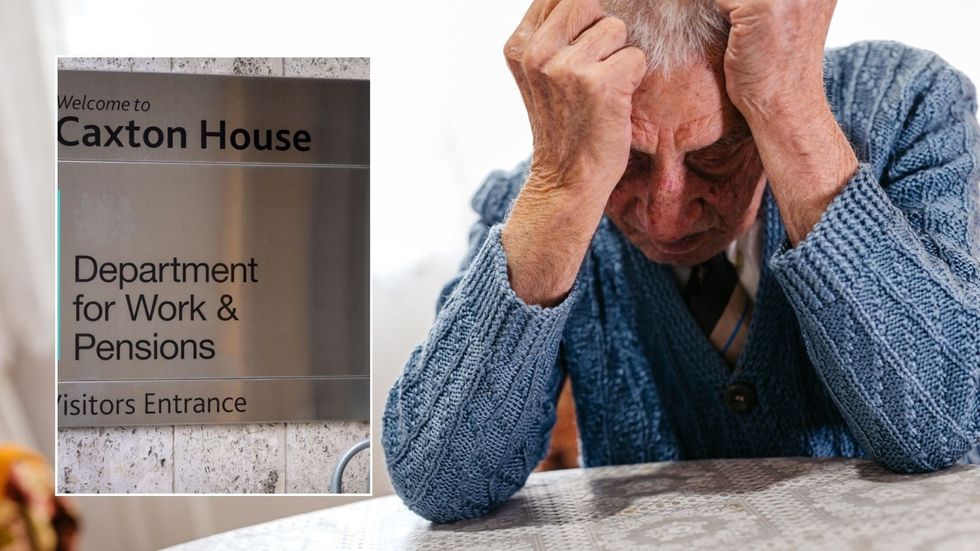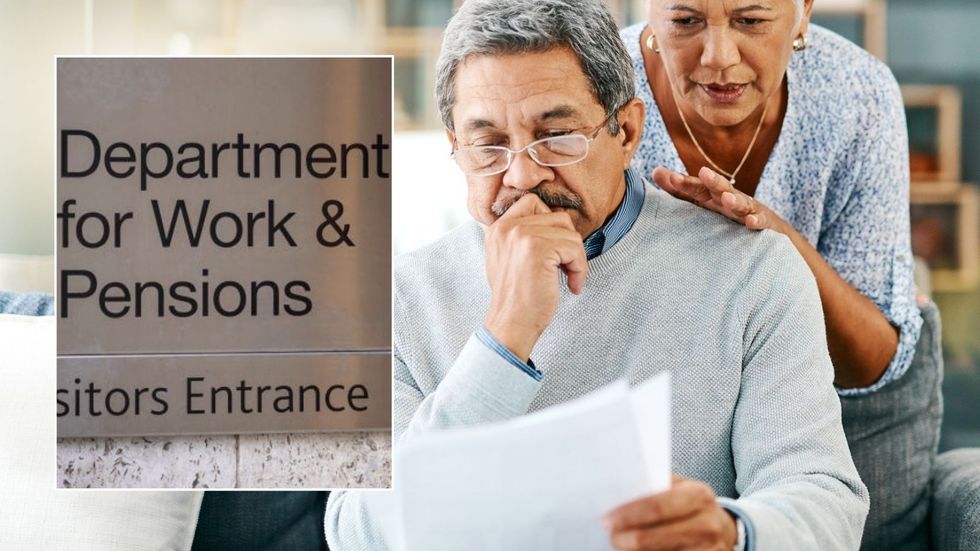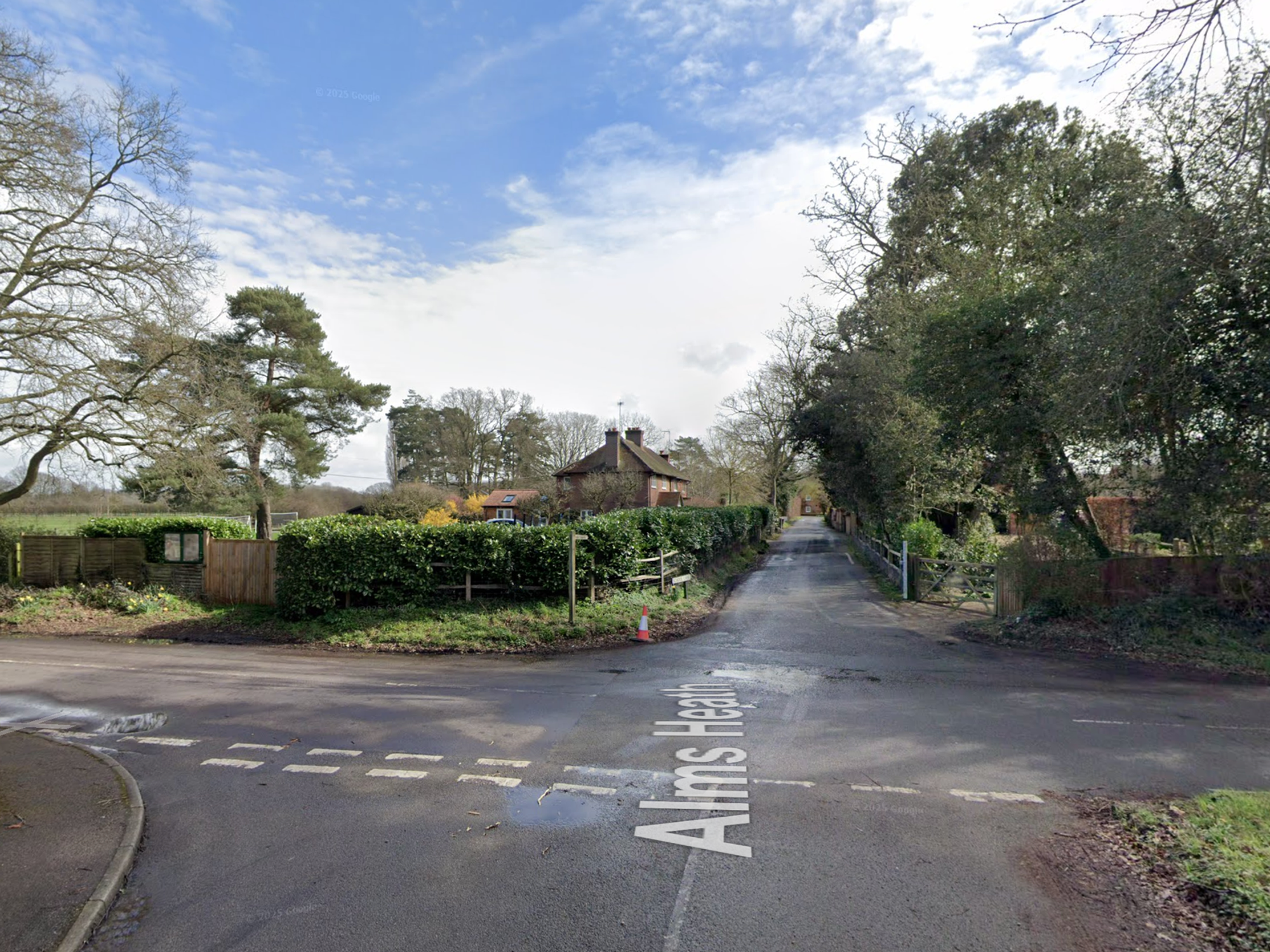State pension warning: Britons hit with 'wake up call' over retirement future amid payment means-testing fears

There is a growing concern the state pension could be means-tested despite research suggesting Britons 'underestimate' the benefit's necessity
Don't Miss
Most Read
Britons have been given a "wake-up call" over the role the state pension plays in boosting retirement savings amid concerns the retirement benefit will be means-tested by the Government.
Campaigners, including charities such as Silver Voices, have urged Labour to not reserve the state pension for those on low incomes. Earlier this year, Chancellor Rachel Reeves made the decision to means-test Winter Fuel Payments.
Women are significantly underestimating their future reliance on the state pension, according to new research from Aegon. The study reveals a stark disconnect between working women's expectations and the reality faced by current female retirees.
Only 38 per cent of working women expect the state pension to be a significant or sole source of their retirement income. However, the reality for retired women tells a dramatically different story, with more than half depending heavily on state support.
This gap between expectation and reality highlights a concerning trend in women's retirement planning, suggesting many may be caught off guard by their financial situation in later life. The findings come as part of Aegon's latest Second 50 research, which examines retirement confidence and pension reliance among UK retirees.
Do you have a money story you’d like to share? Get in touch by emailing money@gbnews.uk.

New research is giving people a "wake-up call" over the state pension
|GETTY
Some 54 per cent of retired women report that the state pension is either an important or their only source of retirement income. This stands in sharp contrast to retired men, where just 28 per cent rely heavily on state support.
Recent Office for National Statistics (ONS) data on "sandwich carers" further compounds this issue, with 53 per cent of those caring for both children and adult relatives unable to work as much as they would like.
Women make up 61 per cent of these sandwich carers, further impacting their ability to build adequate retirement savings. This dual caring responsibility creates additional pressure on women's financial stability and pension contributions.
The research also reveals a significant confidence gap between retired men and women. Only 32 per cent of retired women feel extremely or very confident about maintaining a comfortable lifestyle throughout retirement.
This figure stands in stark contrast to retired men, where 46 per cent express high confidence in their financial security. This lower confidence among retired women aligns with their higher dependence on state support.
Earlier this year, former HM Revenue and Customs (HMRC) executive Sir Edward Troup floated means-testing the state pension could be means-tested as older people must "contribute possibly more".
In an interview with LBC, he shared: "My generation, the pensioners' generation, if they've got income, if they've got means, should be contributing at least as much, and possibly more than those people who are working, bringing up families and are really contributing now to that country."
These remarks were slammed as "scaremongering" by a former employee to the Department for Work and Pensions (DWP) and come as evidence grows that Britons remain unaware of how important the state pension could be in later life.
LATEST DEVELOPMENTS:

Pensioners are concerned about the future of their retirement savings
| GETTYKate Smith, the head of Pensions at Aegon, describes the findings of her firm's research as "a wake-up call for all of us"
She explained: "The stark reality is that women are disproportionately affected by financial insecurity in retirement."
Smith points out that almost double the percentage of retired women compared to retired men rely on the state pension as an important or only source of income in retirement.
However, there are signs of positive change on the horizon. The introduction of automatic enrolment nearly a decade ago means most jobs now come with a pension, potentially transforming the future retirement landscape for women, the pensions expert noted.
Despite these improvements, experts stress that the State Pension should not be relied upon as the sole source of retirement income. Both independent and joint financial planning remain essential for women's financial security in retirement.











